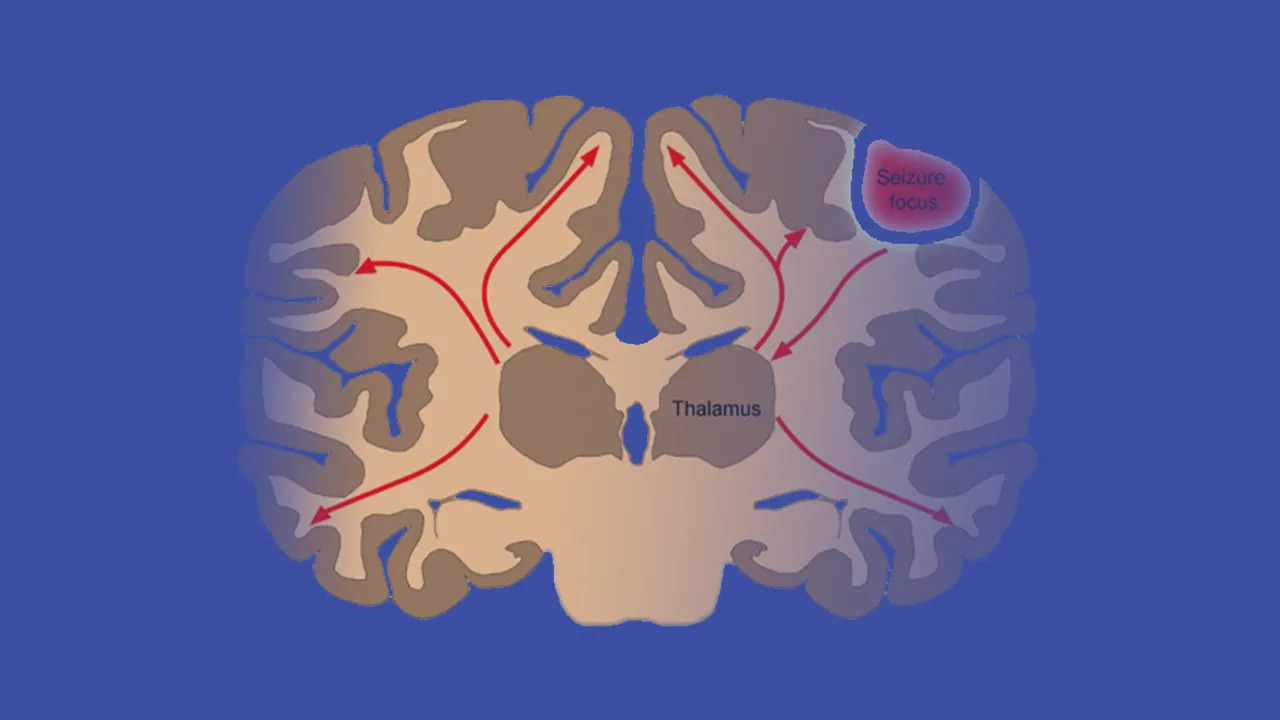Secondarily generalized partial seizures (SGPS) is a type of partial seizure that begins in a specific area of the brain and then spreads to involve the entire brain. They are also known as focal to bilateral tonic-clonic seizures. SGPS is the most common type of partial seizure that progresses to a generalized seizure.
• Auras (sensations that precede a seizure).
• Numbness or tingling in a specific part of the body.
• Muscle twitching or jerking.
• Changes in vision, hearing, or taste.
• Confusion or disorientation.
• Memory loss.
• Emotional changes, such as fear or anxiety.
The symptoms become more severe as the seizure progresses and spreads to the entire brain. The person may lose consciousness and experience tonic-clonic (convulsive) movements. These movements involve stiffening of the body (tonic phase) followed by rhythmic jerking of the limbs (clonic phase). The person may also experience loss of bladder or bowel control.
SGPS can be caused by a variety of factors, including:
• Structural abnormalities in the brain, such as tumors or malformations.
• Traumatic brain injury.
• Infections, such as meningitis or encephalitis.
• Stroke or other vascular disorders.
• Genetic factors.
• Metabolic disorders, such as hypoglycemia or electrolyte imbalances.
• Drug or alcohol withdrawal.
Diagnosing SGPS can be challenging because the symptoms can be similar to other types of seizures. Therefore, a thorough medical history and physical examination are essential in making a diagnosis. In addition, additional diagnostic tests are requested, such as an electroencephalogram (EEG) or magnetic resonance imaging (MRI) of the brain. These tests can help identify the location and cause of the seizure.
The treatment of SGPS depends on the underlying cause of the seizure. Antiepileptic drugs (AEDs) are the first-line treatment for SGPS. AEDs work by stabilizing the electrical activity in the brain and preventing seizures. The choice of AED depends on the type of seizure and the individual’s medical history. Surgery may be necessary in some cases to remove the area of the brain where the seizure originates.
Preventing SGPS involves identifying and treating the underlying cause of the seizure, which may include managing underlying medical conditions, such as diabetes or hypertension. It may also involve avoiding triggers that can precipitate seizures, such as sleep deprivation or alcohol consumption.
SGPS is a type of partial seizure that progresses to involve the entire brain. They are the most common type of partial seizure that leads to a generalized seizure. Various factors, including structural abnormalities in the brain, traumatic brain injury, infections, stroke, genetic factors, metabolic disorders, and drug or alcohol withdrawal, can cause SGPS. The treatment of SGPS depends on the underlying cause of the seizure and may involve antiepileptic drugs or surgery. Preventing SGPS consists in identifying and treating the underlying cause of the seizure and avoiding triggers that can precipitate seizures.

Comments are closed.